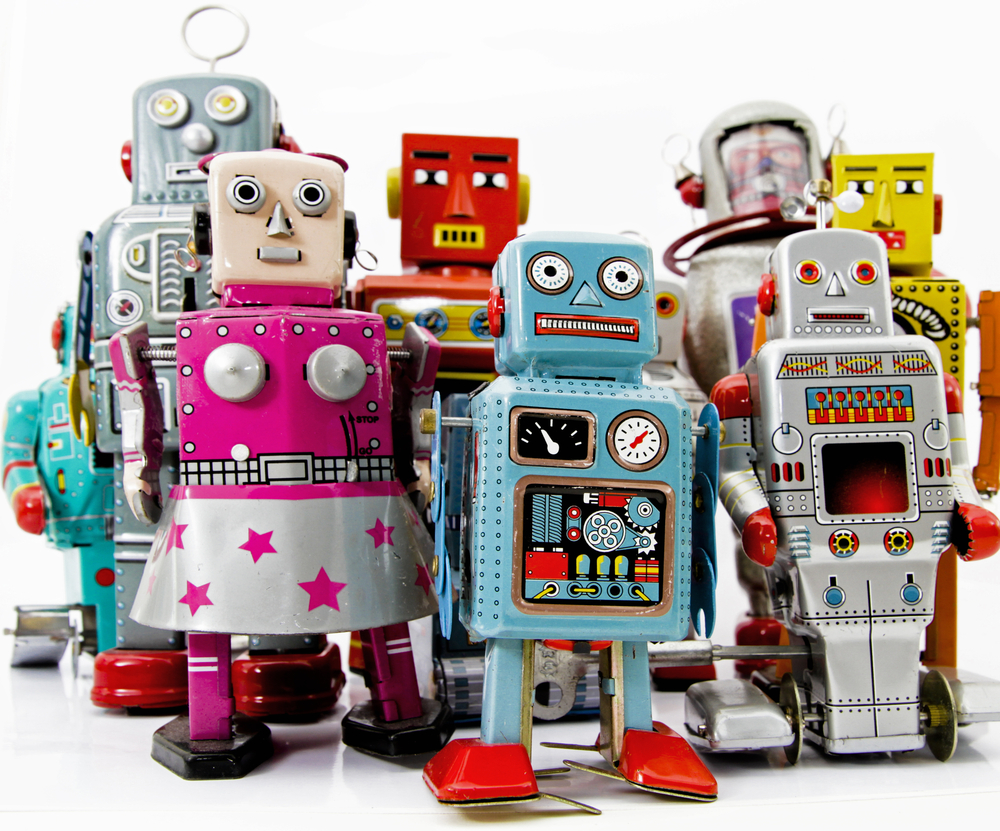

Google continues to pursue its interests outside the search engine arena, with an interesting development regarding its robotic venture.
The company has been granted a patent in the United States for ‘methods and systems for robot personality development’.
The so-called robotic personality patent details how a robot can be “imbued with a personality, or personalities.”
The thinking is that a robot could be inherit or be programmed with customised personality attributes and related capabilities drawn from cloud computing capacities.
What this means is the human could in effect program the robot with a number of multiple personalities.
But in a move sure to raise ethical concerns, it seems that Google could also program a robot with the personality of real-life (or deceased) people.
“The robot may be programmed to take on the personality of real-world people (e.g., behave based on the user, a deceased loved one, a celebrity and so on) so as to take on character traits of people to be emulated by a robot,” says the Google patent.
“The robot personality may also be modifiable within a base personality construct (i.e., a default-persona) to provide states or moods representing transitory conditions of happiness, fear, surprise, perplexion (e.g., the Woody Allen robot), thoughtfulness, derision (e.g., the Rodney Dangerfield robot), and so forth,” said Google. “These moods can again be triggered by cues or circumstances detected by the robot, or elicited on command.”
And Google says that the personality and state may be shared with other robots so as to clone the robot within another device or devices.
For example, a user may travel to another city, and download within a robot in that city (another “skin”) the personality and state matching the user’s “home location” robot.
“The robot personality thereby becomes transportable or transferable,” said Google.
Google is already committed to the robot future since it first revealed its robotics group to the world back in December 2013.
At the same time, Google quietly acquired a leading robotics developer in the form of Boston Dynamics, a company made famous by the robotic pack mule BigDog and bipedal humanoid rescue worker Atlas.
Earlier this year, Boston Dynamics unveiled the latest iteration of its mechanical dog. Known as Spot, that robot features four hydraulic legs, a sensor head to help him navigate and the ability to remain upright even when walking on rough terrain, up steps, or when kicked by a member of the Boston Dynamics team.
Are you a Google expert? Take our quiz!
Elon Musk sells social media platform X to his AI start-up xAI in a move…
TikTok opens e-commerce shopping in Germany, France, Italy as US future remains uncertain over divest-or-ban…
Discover expert insights on overcoming digital transformation challenges. Learn how to manage change, balance innovation,…
Microsoft drops data centre projects amounting to 2 gigawatts of power consumption as investors question…
SMIC sees revenues rise 27 percent for 2024, but profits fall nearly 50 percent amidst…
Google reassures developers Android to remain open source as it brings development entirely in-house, reduces…